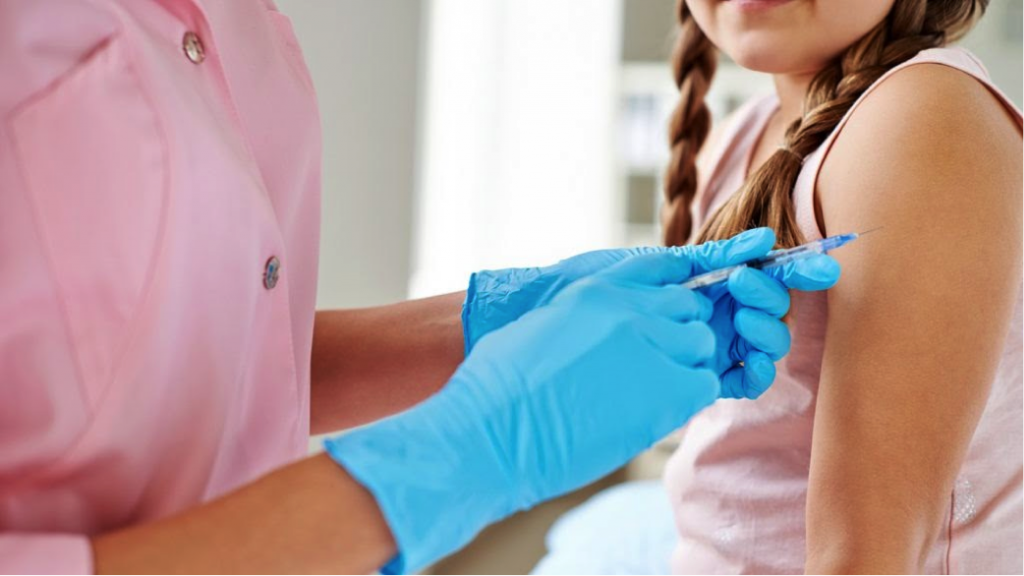COVID-19’s toll on childhood immunizations
August is National Immunization Awareness Month
What’s another casualty of life during a pandemic? Childhood immunizations.
According to the Centers for Disease and Prevention (CDC), as parents put off well visits and preventive care amidst stay-at-home orders and lockdowns, the rates of nearly all childhood vaccinations have declined. The CDC reports that all noninfluenza vaccines administered to children 18 years or younger declined 21.5 percent between January-April 2020 and the same period in 2018 and 2019.
And that’s a troubling trend, especially in light of a pandemic, when it’s more important than ever to reduce the impact of preventable diseases and ease the drain on an already-strained health care system.
There’s also the fact that infections can weaken the immune system, making it more likely other, sometimes nastier germs will take hold and wreak their havoc.
“We know that measles infection, for example, depresses the immune system for a while and can leave a child vulnerable [to COVID-19 and other germs],” said Dr. Jill Roberts, a USF College of Public Health (COPH) assistant professor and infectious disease expert. “Fortunately, most children are vaccinated against measles. A more pressing concern is influenza. A co-infection of both influenza and COVID-19 could be extremely dangerous as both kill by lung infection and septic shock. It is exceedingly important that children and adults are vaccinated for influenza in the coming year.”

The CDC has set up guidelines for the administration of vaccines at places like pharmacies, satellite clinics and drive-up locations, and the Trump administration has recently announced that pharmacists nationwide could administer scheduled vaccinations (including the flu shot) to children as young as three.
In an effort to get kids back on appropriate vaccination schedules, Roberts says that many pediatricians are reaching out to their patients.
“A significant number of pediatricians are working actively to close the vaccination gap that’s occurred due to COVID fears, and they should continue to do so,” commented Roberts. “Most doctors’ offices are taking extreme precautions, and to date there have been no [COVID-19] cases reportedly linked to going to the doctor.”
Story by Donna Campisano, USF College of Public Health
